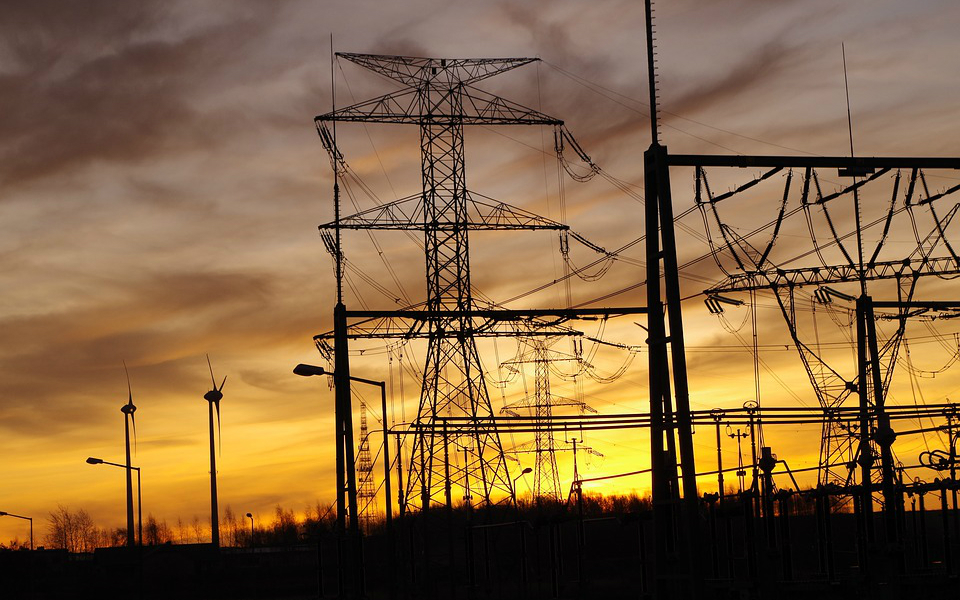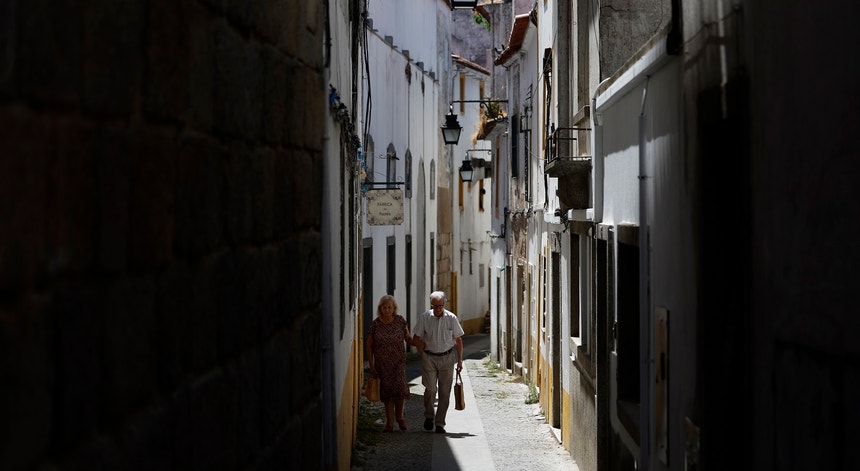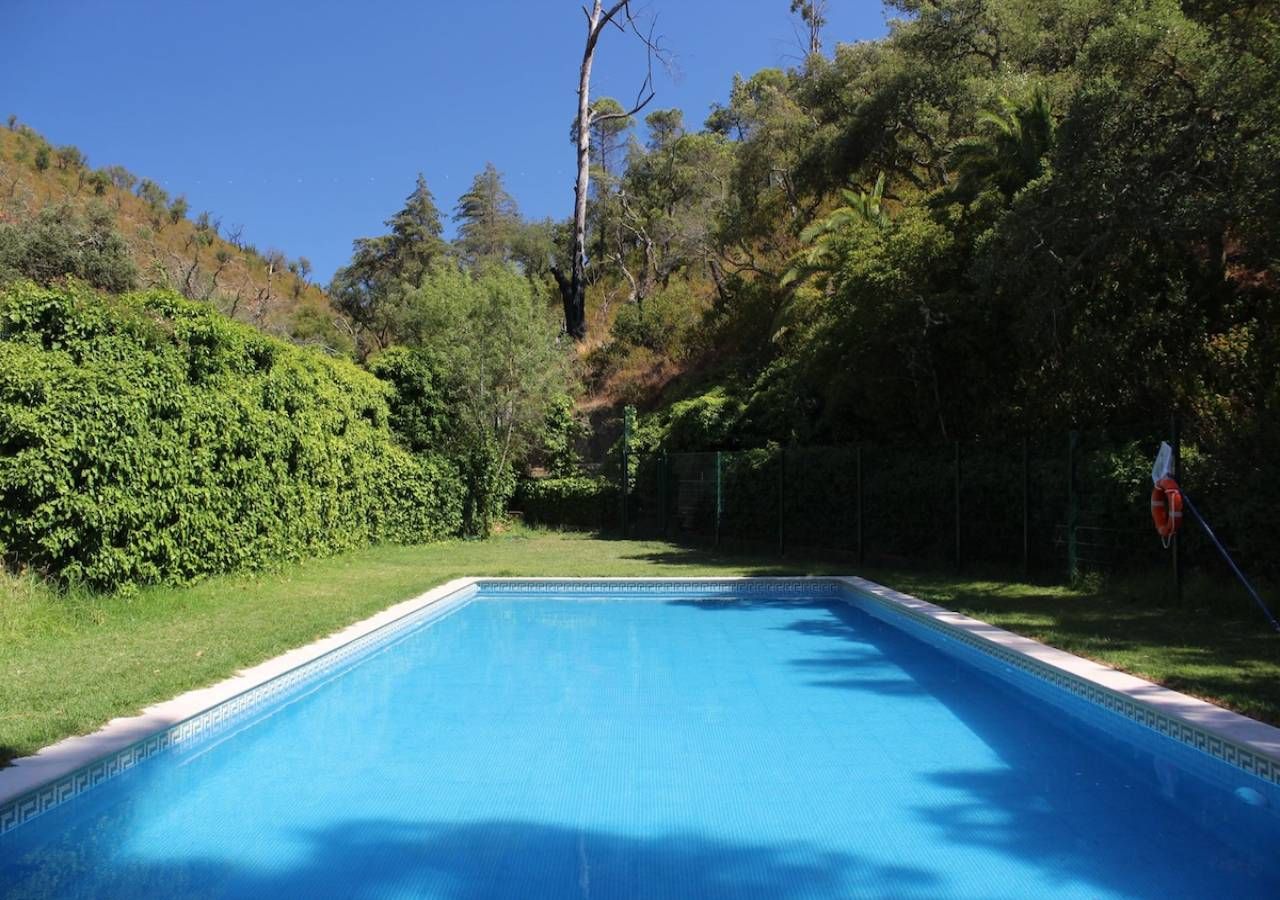The blockade on electricity purchases from Spain, aimed at stabilizing the network after the blackout, has been penalizing wholesale prices, which have been significantly higher compared to those recorded in the neighboring country in recent days. Starting today, the blockade will be partially lifted.
Since the blackout occurred on April 28, the energy border with Spain has been closed for imports, imposing additional costs on Portugal. The bill has already reached €17.4 million, with wholesale prices for Portugal being higher than those in Spain, creating a significant overcost, according to JE's calculations. With the border closed, Portugal cannot import cheaper Spanish electricity.
The blackout originated in southern Spain and extended to Portugal, leading REN – Redes Energéticas Nacionais to decide to close the border in the Spain-Portugal direction until yesterday, May 7. "Ongoing stabilization process" was the justification given by the national network manager for halting electricity imports.
From this Thursday, imports will resume, but partially, as the "ongoing stabilization process" continues, with about a third of the import capacity being restored. The "most expensive" day for Portugal was May 6, with the overcost exceeding €5 million. It was also on this day that the largest price differential between Portugal and Spain was recorded: €37.68 per MWh. Interestingly, on April 30, Spain recorded an overcost relative to Portugal, allowing a deduction of €1.5 million from this bill.
Between May 8 and 12, the interconnection capacity between Portugal and Spain will be limited, in the importer's direction, to 1,000 MW, meaning this limitation applies only to electricity coming from the other side of the border.
Following the blackout, REN submitted a preliminary report on the event to the regulator ERSE, with the final report to be delivered 20 days after the blackout that left Portugal and Spain in the dark for most of April 28.
And where does the electricity consumed in Portugal since the blackout come from? Mostly (326 GWh) from hydroelectric plants, followed by wind (222 GWh), natural gas (110 GWh), and solar (105 GWh). In terms of exports, Portugal sold 77 GWh to Spain in May, according to REN data.
The impacts on the bill for domestic consumers are not expected to be felt immediately, as contracts are made for the medium and long term, delaying any increase for later, but only if high prices relative to Spain persist. It remains to be seen how consumers will react from today with the return of a third of the interconnection with Spain. However, those with dynamic tariffs may start to feel higher prices. In the case of industrial consumers, with shorter and more exposed contracts, it remains to be seen whether this overcost will be reflected in their bills.
Spanish Prime Minister Pedro Sánchez promised on Wednesday to "get to the bottom" of the causes of the blackout and will demand "accountability" from those responsible for leaving Iberia in the dark for most of April 28. Sánchez said in the Spanish Parliament that 756 million data points from the electrical system about the incident are being analyzed, promising to make public "everything that is discovered," although "it will take time," refusing to blame renewable energies.
Analyzing the price differences between Portugal and Spain, energy expert António Vidigal pointed out on May 6 that "the consequence was a deep divergence in electricity prices between Portugal and Spain. Portugal maintained its energy sovereignty, but to not import electricity, it paid more for it. Spain has an excess of low-cost solar production that Portugal is not taking advantage of. To replace it, it is running natural gas combined cycles, with a cost that must be around €100/MWh."
"The question arises: 'Is it better to import natural gas to produce electricity at €100/MWh, or to import electricity directly from Spain at a price close to zero?' For me, the choice is obvious, although for many it is not. LNG producers from the United States, who are Europe's largest suppliers, must be satisfied. Portugal is one of the most advanced countries in the adoption of renewable energy, which requires it to also be the most advanced in relation to market models," added the expert.
"I hope this situation of economic separation ends quickly. For this to happen, the two TSOs – REE and REN – should quickly identify the root cause of the blackout on April 28, 2025, in order to act to minimize its repetition. Portugal benefits from being integrated into the Iberian Electricity Market, but there is much work to be done between the TSOs of the two countries, at the technical level, to increase the resilience of the Iberian System," argued António Vidigal.
"Electricity comes from Spain because it's cheaper. Don't you want to have cheaper electricity?"
António Sá da Costa said that Portugal buys electricity from Spain during certain hours of the day because the prices are lower. The two countries are part of the Iberian electricity market and purchases are made according to competitive prices.
"The electricity comes from Spain because it's cheaper. Don't people want to have the cheapest possible electricity? There's no way around it," the energy expert told JE after the Iberian blackout recorded last week.
"We cannot be disconnected from Spain. Whoever says that doesn't know what they're talking about," he said about the criticism made by certain commentators about Portugal buying 30% of its electricity from Spain during the blackout.
The responsible pointed out that the problem originated in Spain and that Portugal was caught by the energy blackout. "No matter how careful I am driving my car, I can't avoid the other driver hitting my car. Spain didn't do it on purpose, they're not unconscious. There's a set of circumstances," summarized the former leader of the Portuguese Association of Renewable Energies (APREN).
"The European electrical grid goes from Cabo da Roca to the Urals. It's the largest machine man has ever built. Everything is connected. It has great advantages, but also inconveniences. The balance is positive, but no machine is 100% reliable," he defended.
Regarding the need for gas plants as a backup to the system, he says he supports their existence, but that any other type of technology would have failed when the blackout originated in Spain. "Any type of plant, the incident would have been the same. The safety and network procedures would be the same, with other plants operating at that moment," he concluded.





























Comments
Join Our Community
Sign up to share your thoughts, engage with others, and become part of our growing community.
No comments yet
Be the first to share your thoughts and start the conversation!